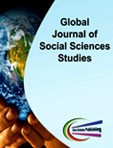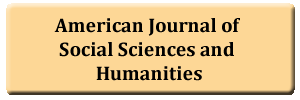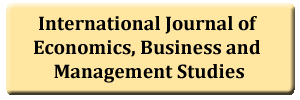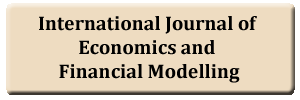Modelling the Relationship between Demand for River Port Services and Vessel Supply Costs: Empirical Evidence from Nigeria
DOI:
https://doi.org/10.20448/807.2.3.144.149Keywords:
Capacity, Costs, Inland waterways, Modeling, Ports.Abstract
The quantitative estimates from this study are concerned with the activities associated with the operations of Nigerian river ports as well as the costs and the benefits derived to users of these ports. A structural equation model(SEM) of the river port operations is derived and estimated by the application of LISREL software to generate reduced form of equations and parameter estimates given as: Y5 = 1.183X1 – 1.390X2 +0.597X3. The results of the SEM technique shows that the demand for port services is significantly related to vessel supplies cost. It is proven that IWT will conveniently divert traffic from the congested corridors of road transport and that the river ports will yield significant benefits to the economic growth of Nigeria, which is revealed in the comparative scenario analysis that quantified the ratio of the magnitude of economic activities at the sea ports to the river terminals considering key similar variables- ware house operations, gang operations and ship turnaround time respectively. The study concludes that Inland waterways transportation has a significant contribution to economic development of Nigeria, if the potentials are fully harnessed. Therefore, it is recommended that government should enforce sustainable legislation to make IWT operations attractive to private organizations for optimal benefits.





